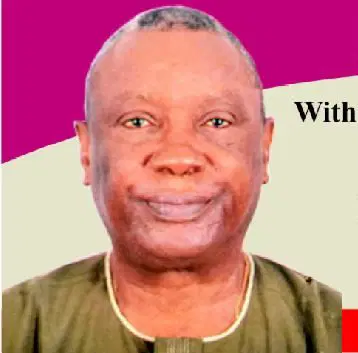Nearly 45 years ago at Onikan, Lagos, the Federal Electoral Commission’s representative, Mr. Menkiti, declared Alhaji Shehu Shagari as satisfying the requirements for presidency: “He has secured not less than one-quarter of the votes cast in at least two-thirds of all the states in the Federation, as mandated by subsection (1)(c)(ii) of the Electoral Decree.” In interpreting the phrase “at least two-thirds of all the states,” the Commission explained, “In the absence of specific legal guidance, the phrase is given its ordinary meaning as provided in section 34(A) subsection 1(c)(ii) of the Electoral Decree.”
Following this declaration, the Electoral Commission certified the election results from the August 11, 1979 poll, with Alhaji Shehu Shagari leading with 5,698,857 votes, followed by Chief Obafemi Awolowo, Dr. Nnamdi Azikiwe, Alhaji Aminu Kano, and Alhaji Waziri Ibrahim. The Commission clarified that Shagari met the election requirements by receiving at least one-quarter of the votes in 12 states and one-quarter of two-thirds in a 13th state.
Chief Obafemi Awolowo, a major candidate, contested this decision, presenting his case before an election tribunal led by Justice Kazeem, which ultimately denied his appeal. Following this, the Supreme Court also upheld FEDECO’s decision, with the matter finally resolved on September 26, 1979, just days before Shagari’s inauguration as President. This landmark case, filed under Suit No. SC62/1979, remains a notable instance in Nigeria’s electoral and judicial history.

